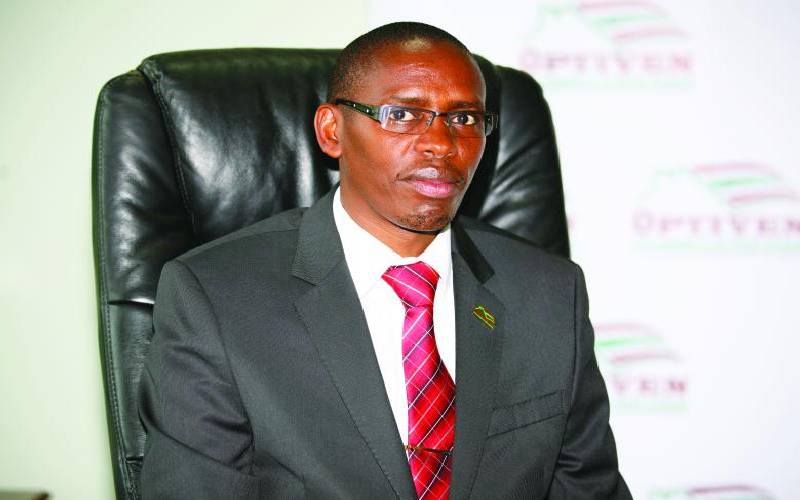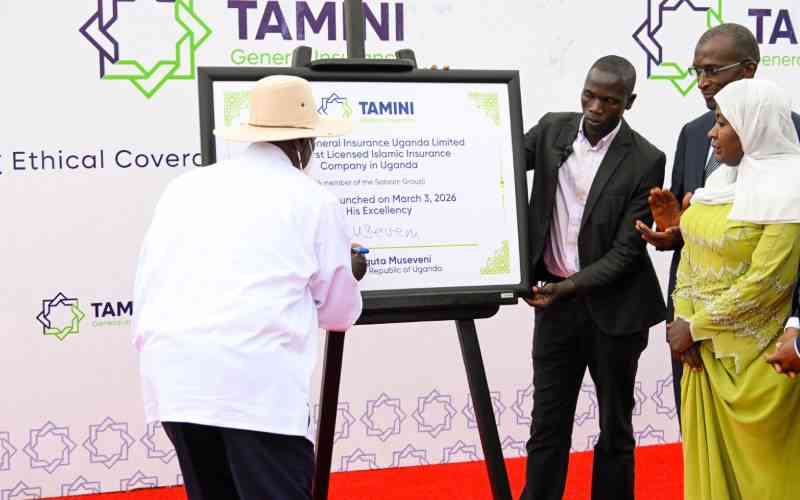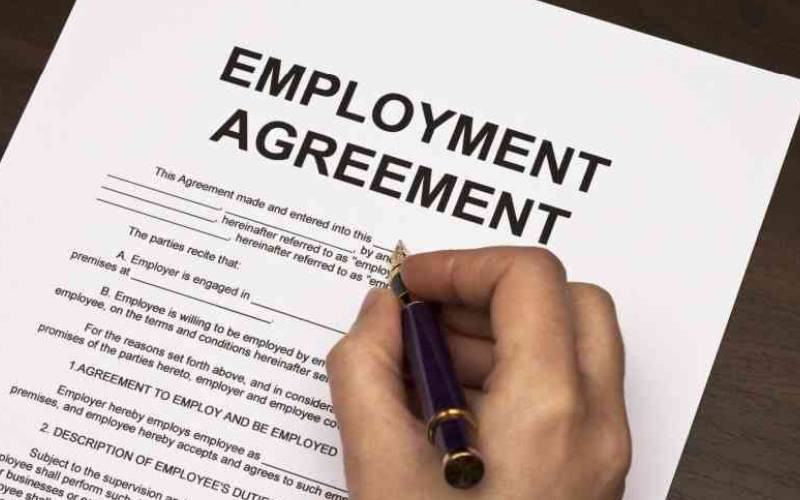×
The Standard e-Paper
Home To Bold Columnists

Optiven Limited chief executive George Wachiuri. [Wilberforce Okwiri, Standard]
Businesses start and fail, and for George Wachiuri, he failed 15 times before he finally made it in the world of business. His lucky break was with Optiven Limited, a firm that not only oversees real estate projects but also runs three high-end restaurants in the city. He shares his tumultuous business journey that lays bare the fact that entrepreneurship is not a game for the fainthearted.







